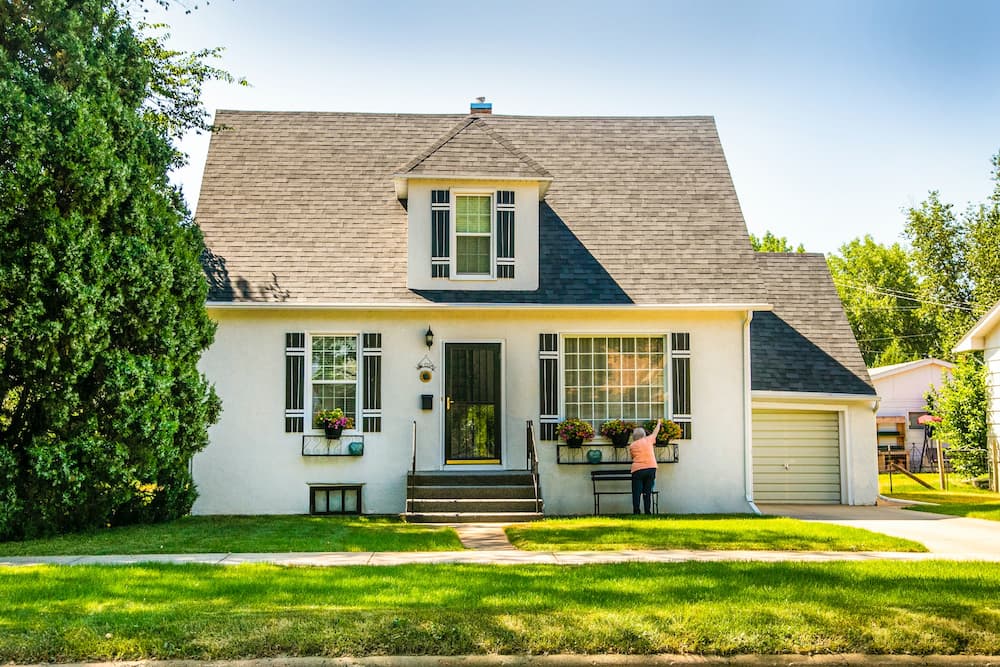Authored by: Zoe Dromgoole Photo Source: Unsplash
As the global population becomes more aware of the importance of environmental conservation, individuals of all ages are seeking ways to adopt eco-friendly practices. Seniors, in particular, have the opportunity to make a positive impact by embracing sustainable living habits.
This article outlines practical tips for seniors to lead an eco-friendly lifestyle, benefiting both their health and the environment. Read on to find out more about environmentally friendly habits that all seniors can get into.
Energy Conservation
One of the most effective ways for seniors to live an eco-friendly lifestyle is by reducing energy consumption in their homes. By implementing simple strategies, they can significantly cut down on energy usage and associated costs:
- Switch to energy-efficient appliances: Replace old appliances with Energy Star-rated models, which consume less power and have a smaller environmental footprint.
- Opt for LED lighting: Replace traditional incandescent bulbs with energy-efficient ones, which last longer and consume less electricity.
- Home insulation: Add cavity wall insulation to prevent undue heat losses in winter while thermally efficient glazing in windows helps to conserve energy in the summer due to less use of air-conditioning systems.
Sustainable Consumption
Another crucial aspect of leading an eco-friendly lifestyle is the adoption of sustainable consumption habits. Seniors can make a significant impact on the environment through mindful food choices:
- Buy locally sourced produce: Support local farmers and reduce the carbon footprint associated with food transportation by purchasing locally grown fruits, vegetables, and other products.
- Buy home furniture from sustainable sources: When buying sustainable wood flooring that bears the FSC logo, for example.
- Reduce meat consumption: Limiting the intake of meat, particularly red meat, can reduce the environmental impact of livestock farming and promote better health.
- Install low-flow fixtures: Replace existing faucets, shower heads, and toilets with low-flow models, since this will use significantly less water without sacrificing performance.
Proper waste management and recycling practices play a vital role in sustainable consumption and living an eco-friendly lifestyle. Seniors can take several steps to minimize waste and promote recycling.
For example, they can opt for reusable products, such as cloth grocery bags, glass storage containers, and refillable water bottles, to cut down on single-use plastics. Recycling diligently is also a good habit to get into. Learn about local recycling guidelines and follow them closely to ensure that all recyclable materials are processed correctly.
Encourage Greater Biodiversity
Seniors can play a pivotal role in promoting biodiversity on their property by adopting a few simple yet effective gardening strategies. Remove areas of hard standing to create an attractive landscape as well as one that provides food and shelter for local wildlife. Incorporating plants like flowering plants, grasses, and shrubs will attract different pollinators, such as bees, butterflies, and birds. Installing birdhouses, bird baths, and feeders can encourage avian visitors while creating small habitats like rock piles or brush piles can provide shelter for smaller creatures.
Additionally, seniors should minimize the use of pesticides and herbicides, as these chemicals can have adverse effects on beneficial insects and other wildlife. By creating a welcoming environment for local flora and fauna, seniors can contribute to the preservation of biodiversity and enjoy a thriving, vibrant outdoor space.
Transportation and Mobility
Seniors can also contribute to environmental conservation by making eco-friendly transportation choices:
- Embrace public transportation: Utilize buses, trains, and other public transport systems to minimize fuel consumption and reduce greenhouse gas emissions.
- Consider electric vehicles: If driving is a necessity, consider purchasing an electric or hybrid vehicle, which produces lower emissions and consumes less fuel than traditional gasoline-powered cars.
- Share rides: If seniors need to travel, then why not consider doing so in groups of two or three and coordinating journeys? This can make trips out more social as well as being eco-friendly.
Green Gardening
Seniors who enjoy gardening can incorporate environmentally friendly practices to create a more sustainable outdoor space:
- Plant native species: Opt for native plants that are well-adapted to local conditions, requiring less water and maintenance.
- Use organic gardening methods: Avoid chemical pesticides and fertilizers, and instead, rely on natural alternatives such as compost, mulch, and beneficial insects to maintain a healthy garden ecosystem.
- Collect rainwater: Set up rain barrels to collect water for outdoor use, such as watering plants and washing outdoor surfaces, such as patios. This will reduce the demand for treated municipal water which takes energy to produce.
Summary
In conclusion, seniors have the potential to make a significant impact on the environment by adopting eco-friendly practices in various aspects of their lives. By focusing on energy conservation, sustainable transportation, mindful eating habits, and waste reduction, seniors can contribute to a healthier planet for future generations. Moreover, living an eco-friendly lifestyle often goes hand-in-hand with improved personal health and well-being, making it a win-win for seniors and the environment alike.
About our author: Zoe Dromgoole is the marketing executive at Wood Flooring Ireland, an engineered wood flooring company based in Cork.











